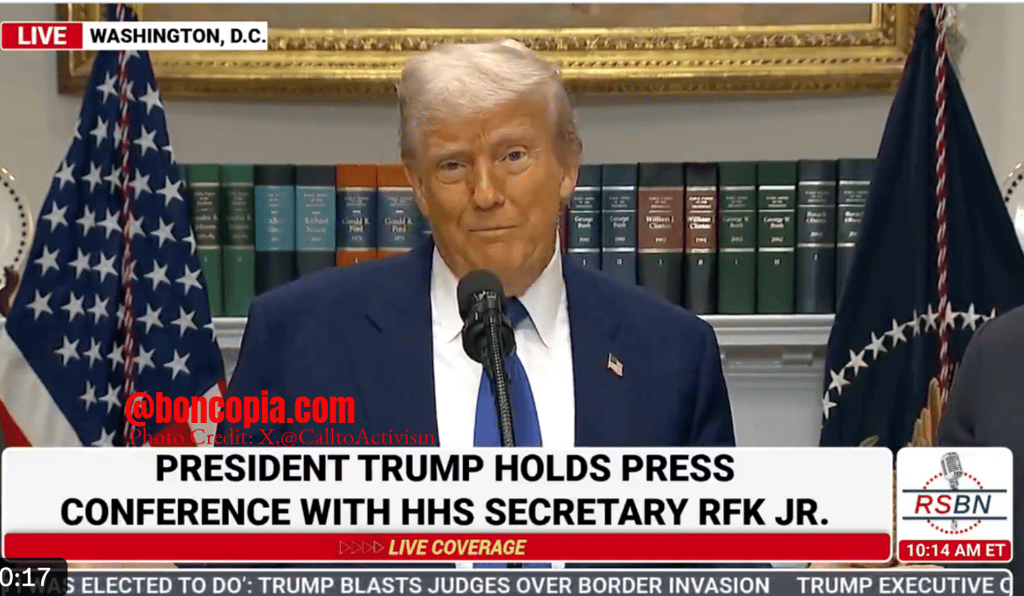The 'Equalize' Controversy: Trump's Vocabulary and the 25th Amendment Debate
5/13/20253 min read


The 'Equalize' Controversy: Trump's Vocabulary and the 25th Amendment Debate
Introduction: A Word That Sparked a Firestorm
In a recent X post,@CalltoActivism
highlighted a moment from a press conference where Donald Trump claimed to have invented the word "equalize." The post, which went viral, not only reignited discussions about Trump's cognitive abilities but also brought the 25th Amendment into the spotlight. As we delve into this controversy, we’ll explore the implications of Trump's vocabulary, the historical context of the 25th Amendment, and what it means for American politics today.
Trump's Vocabulary: A Simple Style or Cognitive Decline?
Donald Trump's public speaking style has long been a topic of analysis. Studies, such as one by Newsweek, reveal that Trump uses a vocabulary of around 2,605 unique words, significantly less than the average American's estimated 20,000–40,000 words. His speech often ranks at a third- to seventh-grade reading level, a stark contrast to predecessors like Barack Obama, who used nearly twice as many unique words.
This simplicity is not necessarily a sign of limited intelligence but rather a strategic choice to connect with a broader audience. However, moments like the "equalize" claim raise questions. Was it a slip of the tongue, a boastful exaggeration, or a symptom of deeper cognitive issues? The X post suggests the latter, pointing to potential senility and calling for the 25th Amendment.
The 25th Amendment: A Safety Net for Presidential Incapacity
The 25th Amendment, ratified in 1967, provides a mechanism for addressing presidential disability. It allows the Vice President and a majority of the Cabinet or another body designated by Congress to declare the President unable to discharge his duties. This amendment was influenced by historical concerns, including the fictional scenario in "The Caine Mutiny," where a paranoid captain's actions nearly led to disaster.
The amendment's relevance today is heightened by Trump's behavior. The X post's call for the 25th Amendment reflects a growing concern among some that Trump's mental fitness may compromise his ability to lead. This debate is not new but has gained traction with incidents like the "equalize" claim, which some interpret as evidence of declining cognitive function.
Public Reaction and Political Implications The X post by@CalltoActivism
sparked a flurry of reactions. Supporters of Trump dismissed the criticism as political bias, while detractors seized on it as further proof of his unfitness. The discussion extended beyond Twitter, with media outlets and political analysts weighing in on the implications for American democracy.
The 25th Amendment, while rarely invoked, remains a critical tool for ensuring stable governance. Its potential use in Trump's case underscores the tension between political loyalty and constitutional duty. As the nation watches, the question of whether Trump's actions warrant such extreme measures continues to divide opinions.
Conclusion: A Word's Weight in the Balance of Power
The "equalize" controversy is more than a linguistic misstep; it's a window into broader concerns about leadership, cognitive health, and the mechanisms of American democracy. Trump's claim, whether intentional or not, has reignited debates about his fitness for office and the role of the 25th Amendment in modern politics.
As we reflect on this moment, it’s clear that words matter, especially when they come from the President of the United States. The X post by@CalltoActivism serves as a reminder of the power of social media to shape public discourse and the enduring relevance of constitutional safeguards.
Thought Questions:
Does Donald Trump's vocabulary and public speaking style reflect a strategic choice or cognitive decline? How should this influence our perception of his leadership?
Should the 25th Amendment be considered more frequently in cases of perceived presidential incapacity, or is it a measure of last resort?
How do social media platforms like X shape public opinion on political figures, and what responsibilities do users have in these discussions?
hello@boncopia.com
+13286036419
© 2025. All rights reserved.